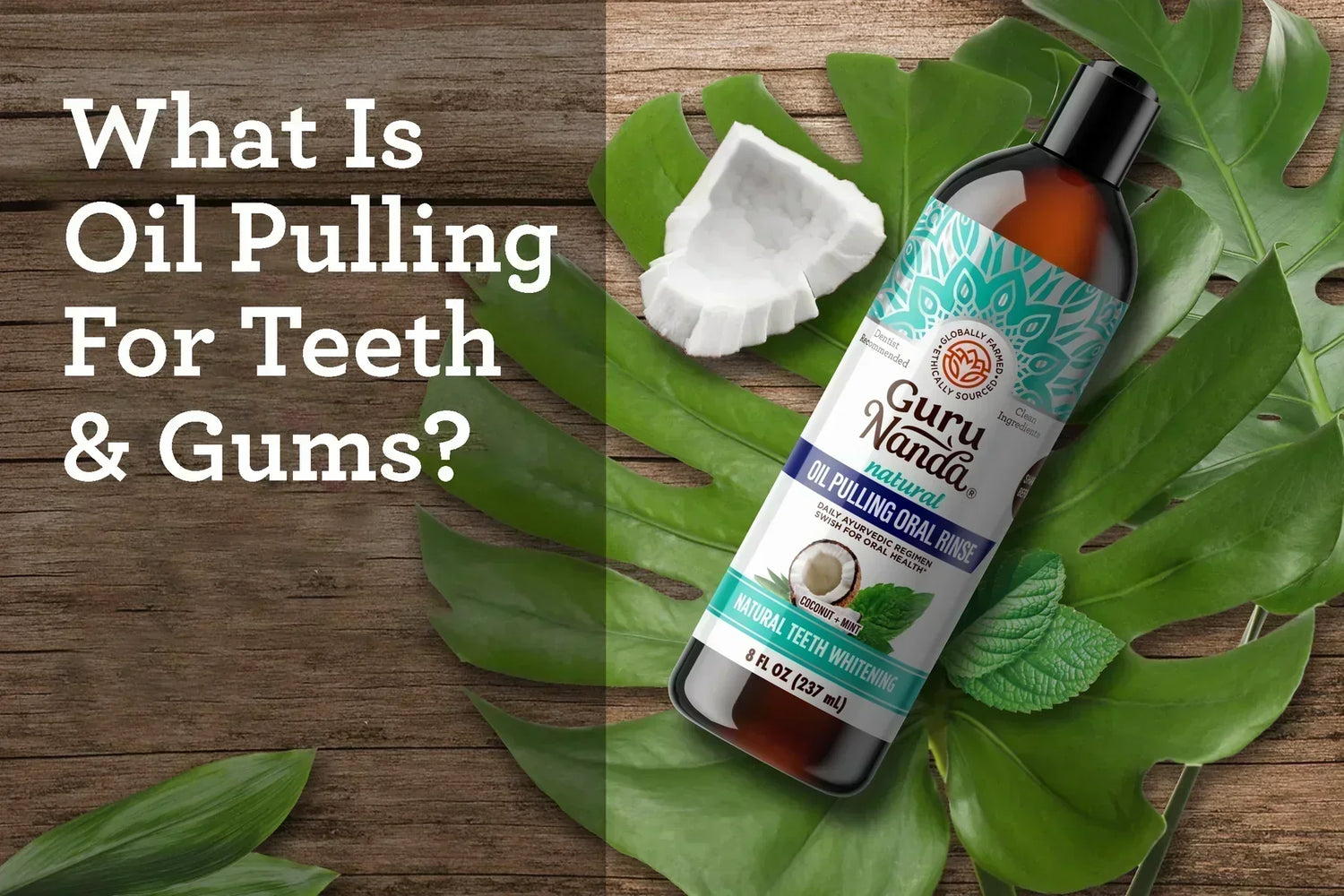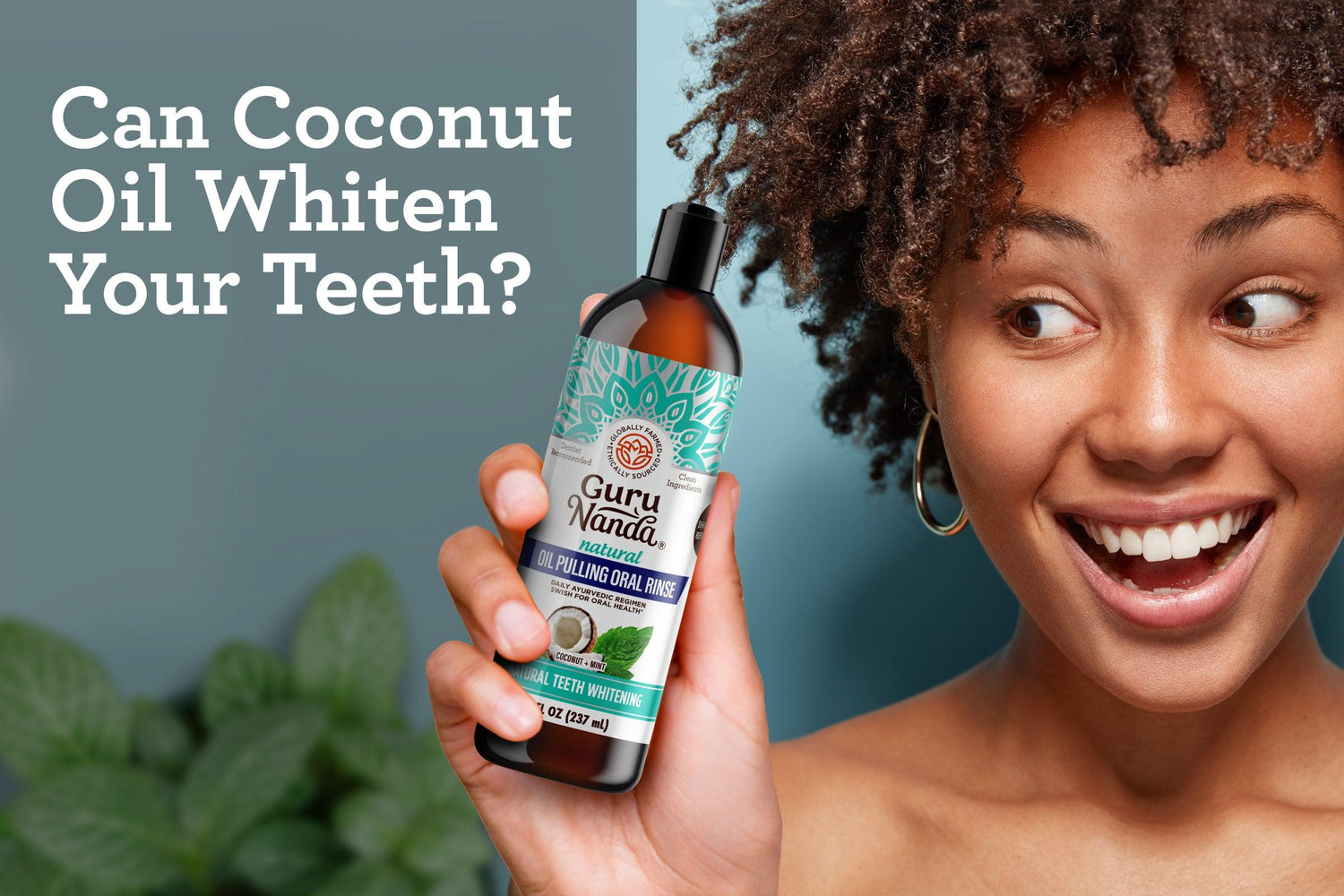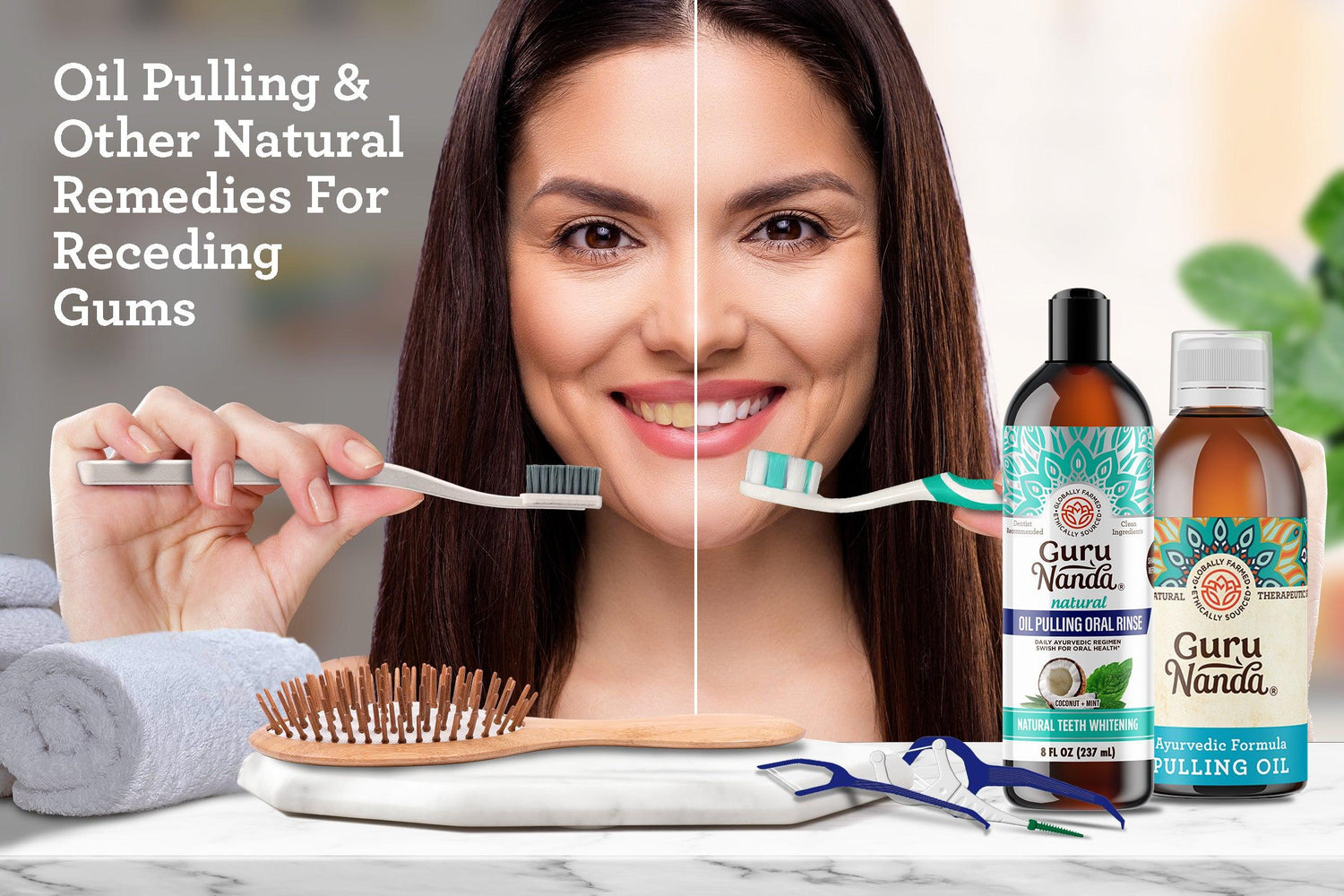Dear Friends,
People often confide to me that caring for their oral health gives them anxiety. I understand this. After all, no one enjoys having a cavity filled or, worse yet, a root canal procedure done.
It can feel like having tooth or gum issues is inevitable. Luckily, it is not. Take it from me, a guy who has worked in oral care for 30 years: By avoiding these common oral care pitfalls, you can protect your oral health for years to come.
Mistake #1: Using antiseptic mouthwash
Antiseptic mouthwash and other products contain alcohol, which kills 99% of the bacteria in your mouth. Believe it or not, this is a problem.
Over 6 billion–yes, billion–bacteria live in your mouth from 700 different species. This ecosystem is called your oral microbiome, and the vast majority of the bacteria there is good for you. Of the 700 species of oral bacteria, only around 15 to 20 are bad. This bad bacteria, caused by poor oral hygiene and bad diet, films a biofilm when left untreated–which in turn causes plaque and cavities. If left untreated, cavities can not only cause painful and dangerous infections in your mouth, but can spread infection to your gut and even your heart.
Obviously, cleaning and removing bad oral bacteria is very important. But one of your best tools for keeping a balanced oral microbiome is the good oral bacteria in your mouth. And beyond fighting plaque, good oral bacteria keeps your mouth moisturized and helps to start breaking down food, aiding the digestive process. Some microbes even help form nitric oxide, a chemical linked to blood flow that plays a key role in regulating endothelial function, blood pressure, and insulin sensitivity.
Your mouth is a delicate ecosystem. Destroying it with a harsh antiseptic mouthwash does far more harm than good.
Mistake #2 Not Flossing or Tongue Scraping
People often joke (or not!) about lying to their dentists about flossing. Wouldn’t it be easier to not have to lie at all?
As I always say, "Floss only the teeth you want to keep." I use spool floss, rubber interdental picks or floss picks.
Instead of using an antiseptic mouthwash, floss and scrape your tongue to remove food buildup and bad bacteria from your mouth. An added benefit to scraping your tongue is that it helps your taste buds–which will make food taste that much better. Once you get in the habit of these practices, I promise you’ll be amazed at how much better you feel.
I also recommend oil pulling as a pre-brushing ritual. I do it during my morning shower at 3 least 2-3 times a week.
As far as oral care throughout the day goes, avoid soda and sparkling water. Reduce carbs in your diet and add more vegetables and greens. This is beneficial for your oral and overall health. Swish with water a few minutes after eating to avoid acid formation on your enamel.
And it should go without saying, but I hope you never skip brushing your teeth, no matter how tired you are. If you are concerned about getting too much fluoride, you might consider brushing with nano-hydroxyapatite in the morning. or adding an oral probiotic.
Mistake #3: Brushing Too Hard
When it comes to brushing your teeth, many people mistakenly believe that brushing harder is better. In fact, the opposite is true. Brushing your teeth too vigorously leads to the wearing away of your delicate gum tissue, known as gum recession. Your gums are not like your skin or hair; once they are recessed, they are gone for good–unless you opt for surgery.
Recessed gums leave your teeth prone to cavities and other infections, as well as the everyday pain of dental sensitivity.
Your dentist is the best person to tell you whether your gums are receding, but if you are already prone to cavities or pain in your teeth, the best ways to guard against further gum recession are to sleep with a mouthguard if you grind your teeth and to brush with a soft-bristled toothbrush. In dire cases, you might also consider getting Botox on your jaw every 6 months as well.
As far as the actual brushing, the best way to brush is gently, in a circular motion. If you are comfortable not swishing with water after you brush, it is best not to.
And last but certainly not least, please continue to visit your dentist every 6 months for regular cleaning. Make sure that you are comfortable with your dentist and their cleaning style, and seek a second opinion from another professional dentist if you are ever unsure.
While all the above are my thoughts taken from personal experience, your dentist should always be the last word on your oral care health. Ask them before making any changes to your oral care routine.
Oral care can seem intimidating, but if you avoid these three mistakes, you’ll be well on your way to a healthy, happy, dazzling white smile.
Namaste,
Puneet






